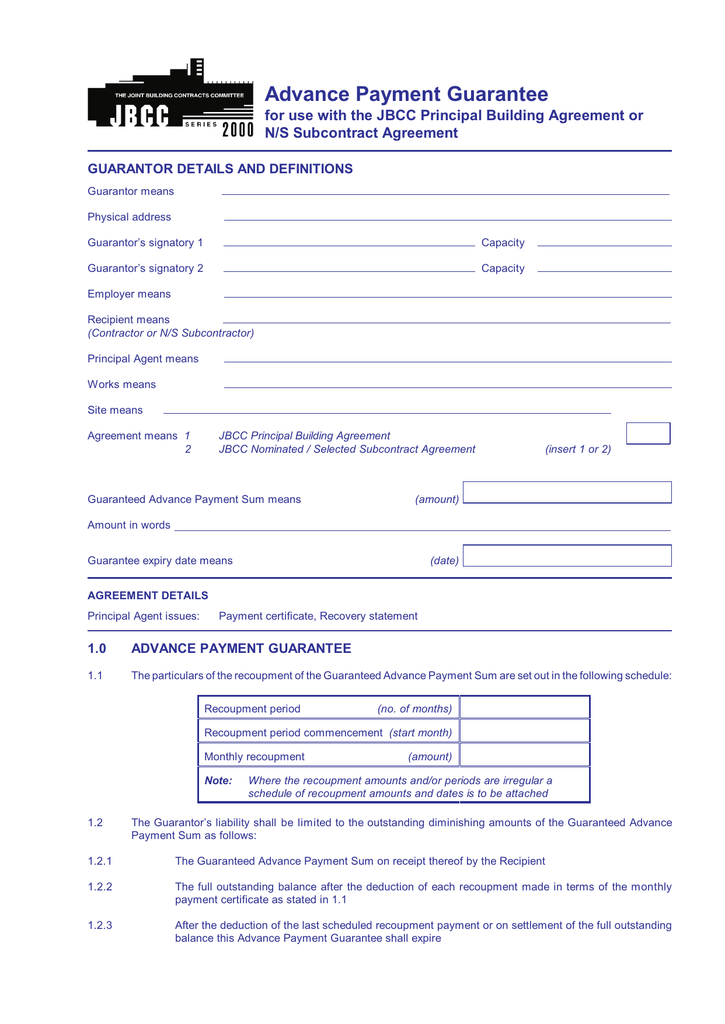Very first, Trafton herself begs one to Ditech is actually the newest servicer of loan, perhaps not the financial institution
Brand new Judge considers basic the newest violation away from price allege. The sun and rain away from a violation out of contract allege significantly less than Tx law are: (1) the clear presence of a valid contract; (2) show of the plaintiff; (3) breach of one’s deal by the defendant; and you will (4) injuries sustained by the fresh new plaintiff considering the breach. Valero Mktg. & Also have Co. v. Kalama Int’l, 51 S.W.3d 345, 351 (Tex. Application.-Houston [first Dist.] 2001). Getting their own violation of contract claim, Trafton claims that defendants “breached the newest fine print of one’s https://paydayloanalabama.com/marbury/ Homestead Guarantee Financing by charging an interest rate greater than the latest pricing arranged by the Plaintiff Nancy.” (Dkt. No. 1, Display step one). Thus, it is not clear exactly what contract Trafton alleges she had which have Ditech. However, and when there is a contract among them, Trafton doesn’t point out what portions of price Ditech broken or how it broken they. Furthermore, absolutely nothing when you look at the Trafton’s petition alleges that Trafton possess performed around any like deal. Trafton have thus don’t beg about two of the components of a violation from price claim, along with her breach out of offer claim doesn’t state a declare.
Trafton’s second reason for step alleges there is a different relationship ranging from Trafton and Ditech. Subsequent, Trafton’s point out that property security produces good “special relationships” not as much as Tx legislation is inconsistent with paid precedent, that offers that there is “no unique matchmaking ranging from an excellent mortgagor and you can mortgagee” that delivers rise so you’re able to a stand-by yourself responsibility of good believe and fair coping. Milton v. You.S. Bank Nat. Ass’n., 508 Fed.Appx. 326, 329 (5th Cir. 2013) (pointing out UMLIC Vice president LLC v. T & M Conversion process & Envtl. Sys., Inc., 176 S.W.three-dimensional 595, 612 (Tex.App-Corpus Christi 2005)); Shelby v. Wells Fargo Bank, Letter.An excellent., 2018 WL 3979864, on *7 (N.D. Tex. ). Because the there’s no unique relationships ranging from a good mortgagor and mortgagee not as much as Tx laws, Trafton’s next reason for step fails to county a state due to the fact really.
Trafton’s 3rd factor in action alleges usury, and claims you to definitely Ditech and you may People Bank billed Trafton attract greater than the count accessible to home collateral mortgage

Here too, the fresh allege fails. Trafton’s amazing petition helps make simply vague assertions and claims in regards to the Defendants charging mortgage loan higher than the speed to start with consented abreast of. While the Ditech notes, Trafton does not make any specific truthful allegations concerning your desire price that has been agreed to, just what she is recharged, and/or number that was energized unlawfully. Plaintiff fails to articulate a claim that will allow the newest Court to draw the latest sensible inference one to Ditech is liable for the an effective allege away from usury.
Once again, the quintessential blazing challenge with that it allege is the fact Ditech try maybe not the lending company contained in this purchase, it is only the servicer of one’s mortgage
Within her 4th factor in step, Trafton alleges you to definitely Ditech charged their particular closing costs greater than the fresh restriction welcome of the Tx Composition, and some notice beneath the family equity loan you to definitely isnt allowed. Trafton will not state just what closing costs billed were, nor really does she ask the quantity she contends they certainly were going getting already been. She plus fails to choose the part of the Texas Constitution she argues Ditech violated, or perhaps the amount of focus which had been anticipate in financing, than the matter she contends are energized. Her pleading is really so conclusory and you may vague, the fresh Courtroom do not even mark the simplest inference the Defendants would be liable for which claim.
